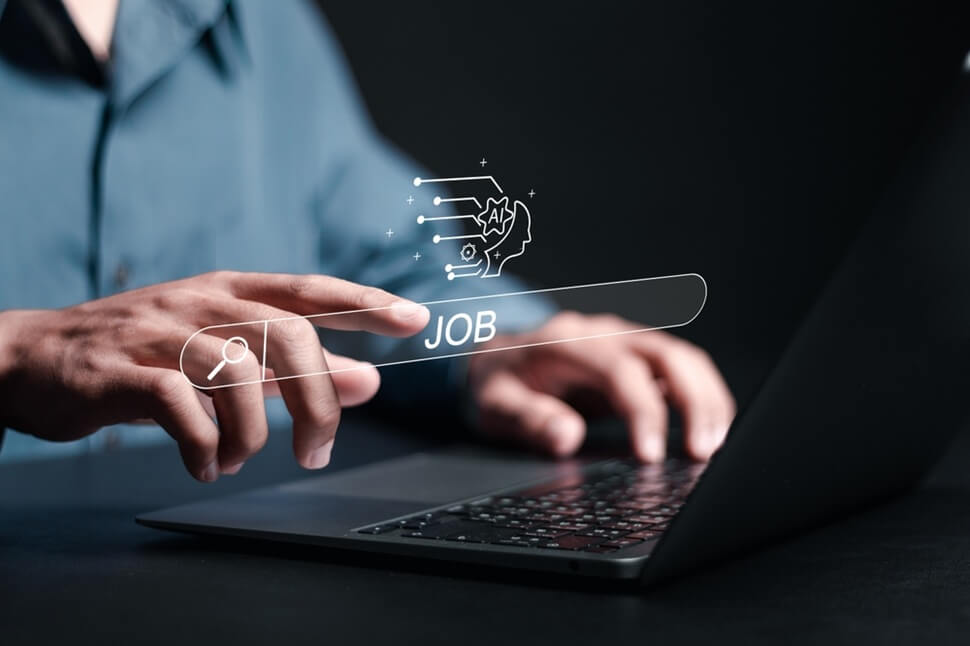In a recent Resume.org report, an astounding one in three U.S. workers familiar with their company’s hiring practices believe AI may fully run hiring by 2026. Roughly 57% of companies are already leveraging AI to report their recruitment processes. This includes AI in hiring for resume screening to onboarding, and 75% claim it improves hire quality.
The rapid rise of AI in hiring comes with several setbacks. More than half of these companies voiced concerns that AI might screen out well-qualified candidates. It doesn’t end here. There have been issues where AI couldn’t screen candidates without adequate human supervision.

Resume.org’s survey of nearly 1,400 full-time employees revealed that 74% of companies plan to increase AI use in recruitment over the next year.
Transparency is the key to using AI in hiring
Kara Dennison, head of career advising at Resume.org, believes that openness about AI’s role is crucial to hiring. Companies should clarify where AI is used, and whether it makes recommendations or decisions, and what candidate data is collected from hiring processes. This level of transparency not only enhances fairness but also aligns with the company’s ethical and compliance goals.
Resume.org’s survey of nearly 1,400 full-time employees revealed that 74% of companies plan to increase AI use in recruitment over the next year. Common applications of AI in recruitment include resume scanning, candidate assessments, communications, and onboarding.
Interestingly, about 35% of companies use AI in interviews. Nearly half of those let AI conduct interviews directly. In fact, AI is even being used to analyze language, tone and facial expressions during interviews.
When it comes to decision-making, 35% of employers rejected candidates based on AI outcomes at any hiring stage. On the other hand, only 26% ensure human approval for all rejections.
How to address policy gaps when using AI in hiring?
The use of AI in hiring comes with its own set of promises and fears. What can’t be ignored is this persistent fear about bias and diminished candidate experience. Over 75% of companies now have ethical AI policies in place, and 20% plan to adopt them soon.
If you’re still wondering why this matters to you, here are a few things to consider before you set your sights on using AI in hiring.
Human oversight is non-negotiable. While AI can help you accelerate processes, HR must take a few steps to ensure balance, especially around candidate rejections.
AI policies must address fairness, bias, and transparency. This will help show candidates that you value integrity.
There should be transparency when informing candidates about use of AI in hiring. Be clear about what it reviews and how decisions are made. This will help shift the experience from mysterious to trust-building.
Your future is now
AI is going to change how we look at recruitment. But as more companies shift towards AI in hiring processes, the role of HR will be to guide this technology with humanity. It also means reshaping a future to serve both business outcomes and human dignity.
Subscribe to the leading The HR Digest magazine to receive exclusive HR news and insights directly to your inbox.





